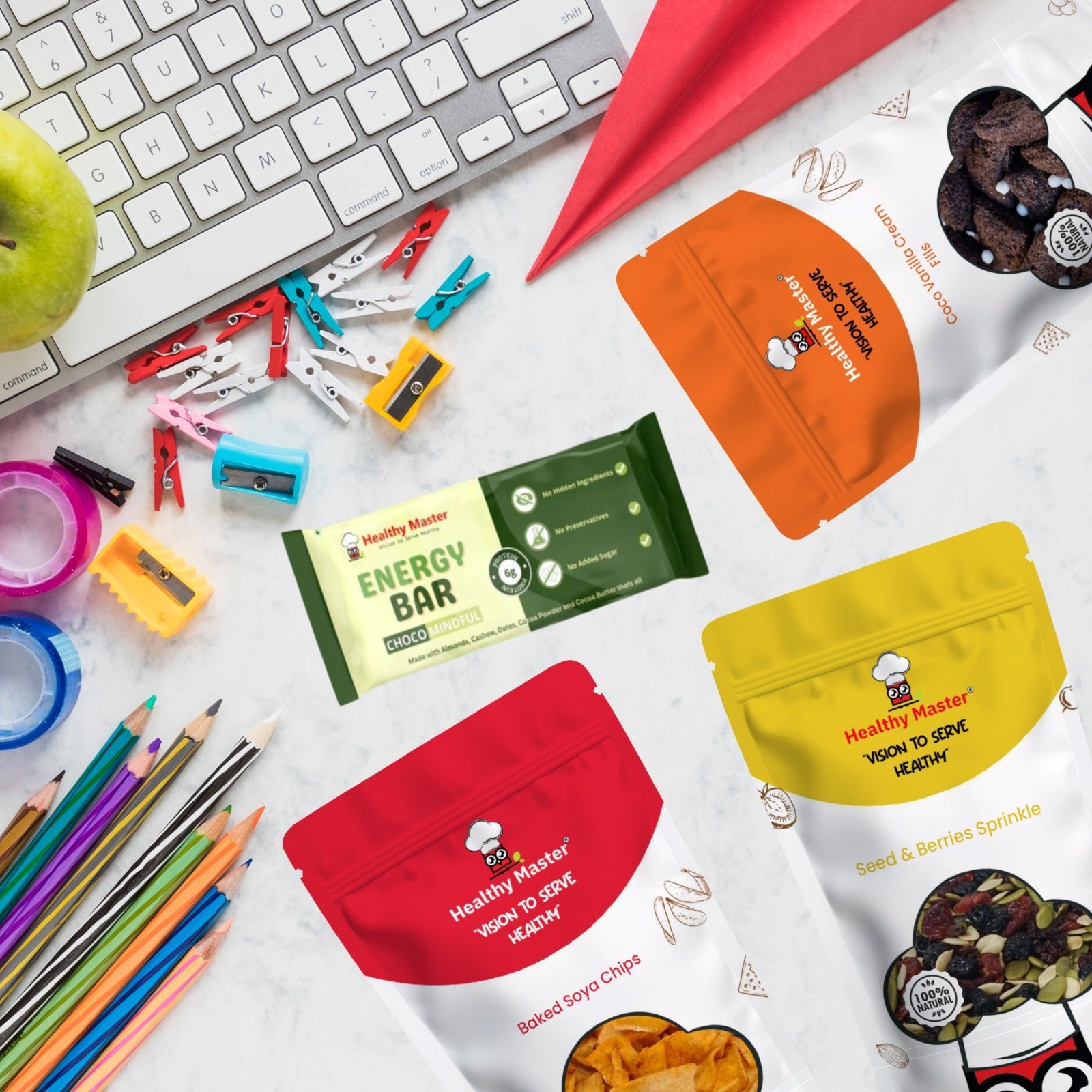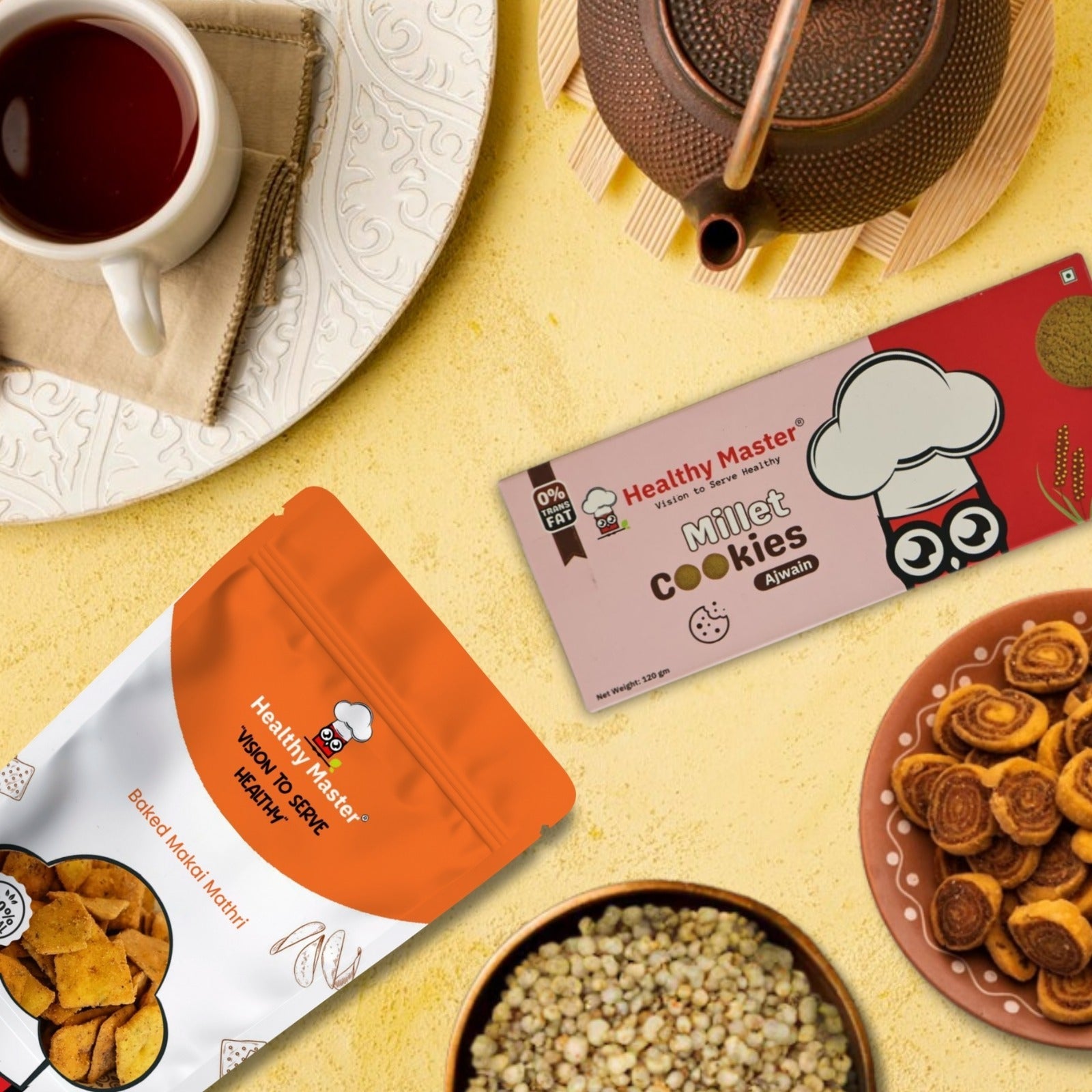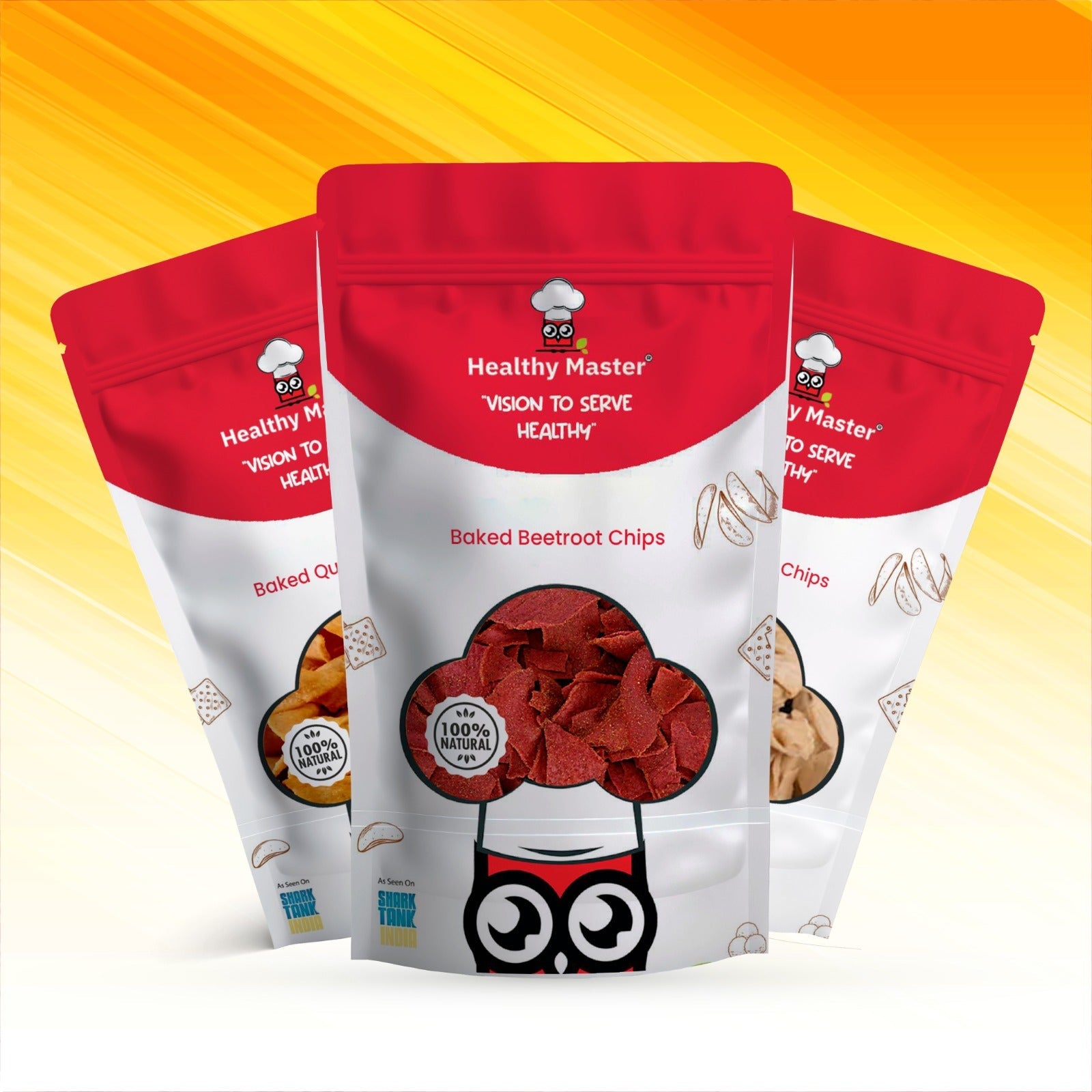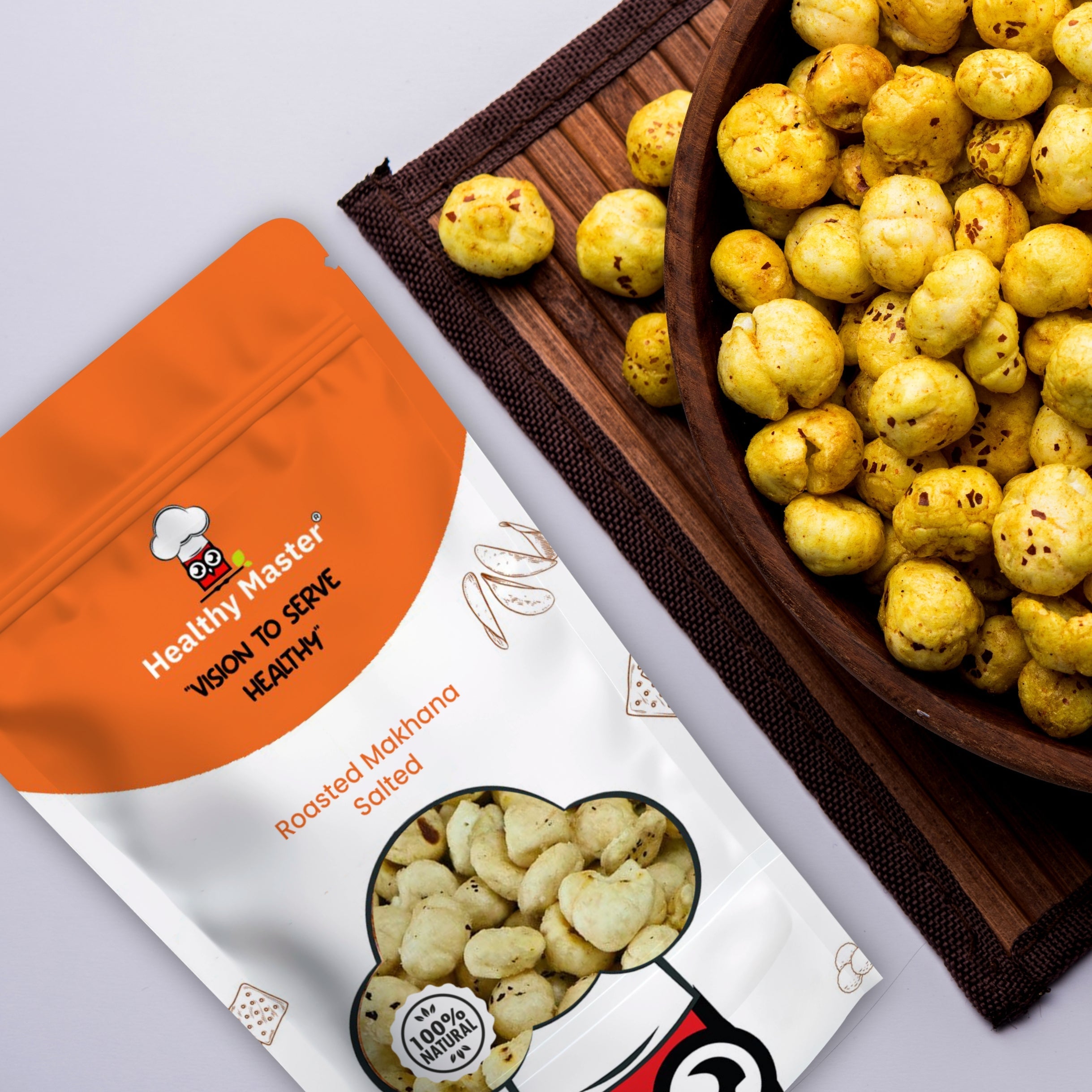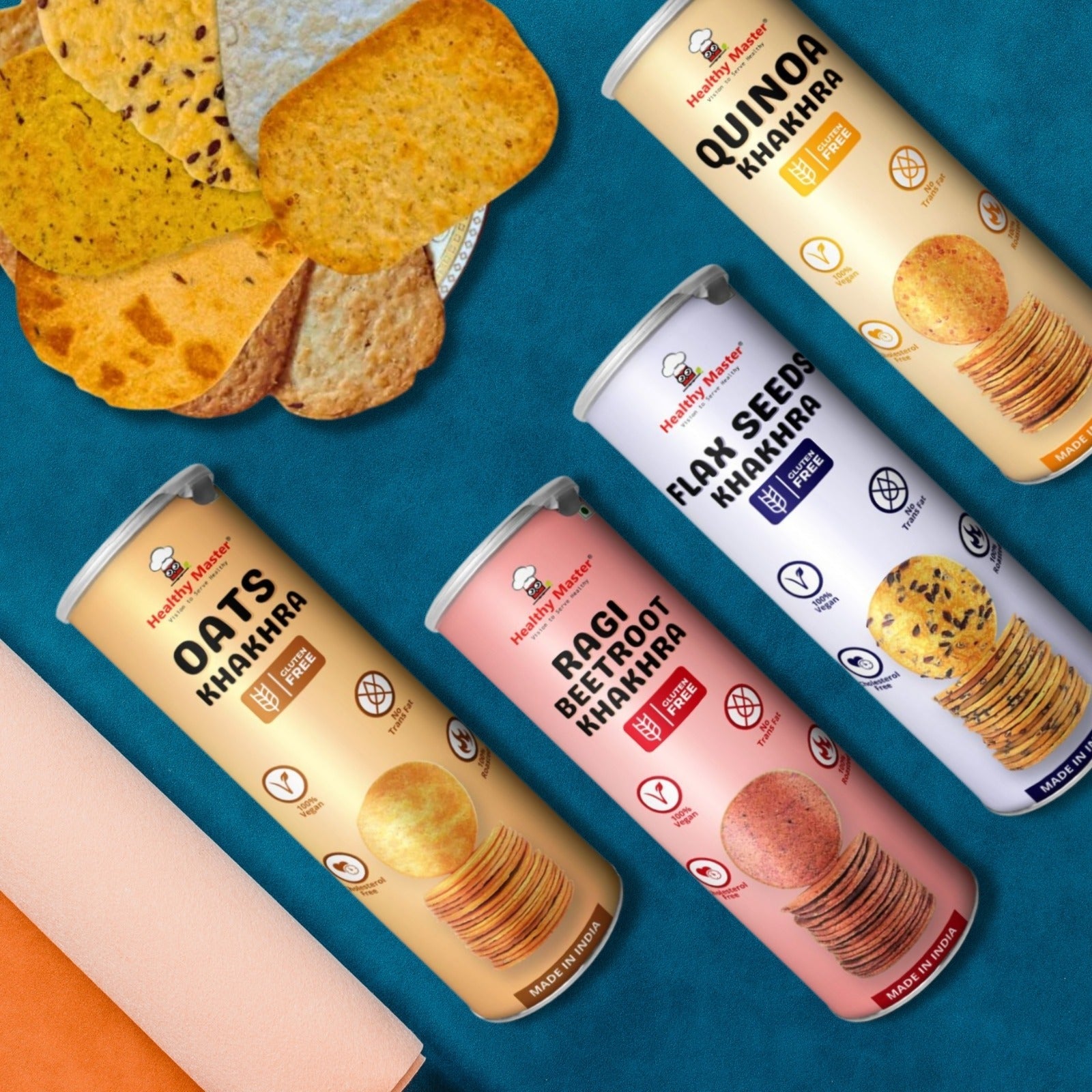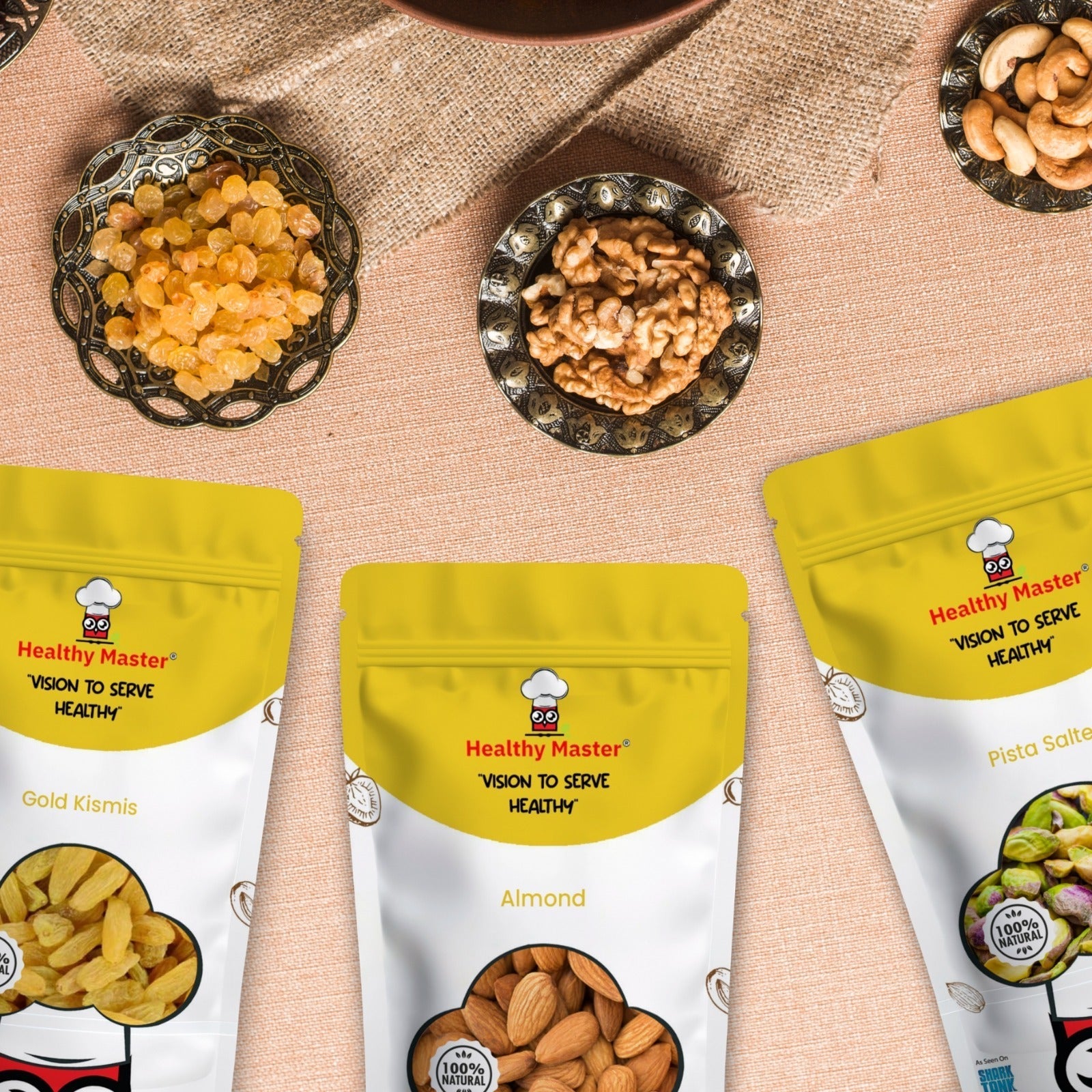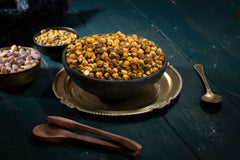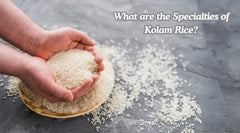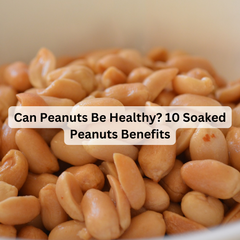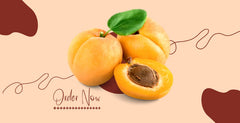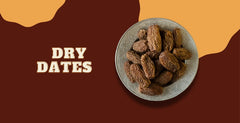Piles are a problem associated with pain, discomfort, bleeding, and extreme itching, prevention of which is a must. It has the ability to completely stop your daily activities and disturb you both physically and mentally. That's why its prevention is necessary at the right time.
There are some facts on piles that will surprise you:
- According to a survey, almost 75% of the people struggle with the problem of piles at some point in their lifetime.
- According to the study published by the National Center for Biotechnology Information (NCBI), piles, also known as Haemorrhoids, is the most common gastrointestinal problem treated by general practitioners.
Thus, it becomes necessary that we find a solution that is easy to implement and avoids situations like piles. Read the blog and know how to get rid of piles quickly.
What is Piles?
Haemorrhoids or piles are the medical terms for enlarged blood vessels in the lower rectal area. When these vessels grow, the tissue above them gets stretched, which forms piles. During our bowel movements, this process creates a sac-like structure which becomes further stressed, resulting in pain and discomfort for the patient.
Majorly piles have two types: Internal piles and external piles.
Without proper piles treatment, it becomes a more profound problem later on. Ultimately, the operation is the only option left.
Common Symptoms of Piles
- In chronic constipation, when one is pressurized to empty the bowel, the blood vessels around the anus hurt and lead to piles.
- Pain when trying to pass stool is a common symptom in external piles.
- Etching around the anal area is another symptom.
- Fresh bleeding from the anus is another symptom of piles.
Diet for Piles
Piles can happen for many reasons. One of the primary causes is constipation. Also, reduced intake of fiber foods and fluids causes piles. Thus, choosing a healthy lifestyle, daily physical activity, and good eating habits is essential.
But if you already suffer from piles, you must change your diet. It would be best if you consumed fiber-rich meals and plenty of water.
5 foods Good in Piles Problem
Legumes
Legumes are edible seed plants that promote a healthy gut. fiber-rich legumes include beans, lentils, peas and chickpeas. It helps eliminate waste from your body and improves your digestive health.
When you regularly include legumes in your diet, you will find that they help prevent constipation, thereby reducing the risk of piles.
Whole Grains
Whole grains are rich in insoluble fiber and nutrients. This supports your digestion and keeps blood sugar under control. This way, it ensures healthy digestion and reduces pain and discomfort.
Oatmeal is the perfect example of eating wholegrain. Including it in your diet reduces piles symptoms and keeps your bowel healthy and fit.
Broccoli and Other Cruciferous Vegetables
The family of cruciferous vegetables includes cabbage, kale, and broccoli. They are high vitamin C content. Also, they play an essential role in treating piles as they contain a substance called glucosinolate.
Glucosinolates are a natural chemical. When we include it in our diet, it can kill the harmful bacteria that cause your piles to flare up.
Cucumbers and Melons
Cucumber and Melons are an effective supplement to cure piles without surgery. They contain a compound called cucurbitacin that helps reduce inflammation.
Thus, it helps in relieving excessive pressure, swelling and pain on the veins in the piles rectum. It also works to stop bleeding from the rectum caused by piles.
Citrus Fruits
Citrus fruits are food for piles. Eating citrus fruits is one of the most effective ways to treat piles and their symptoms. Citrus fruits contain high amounts of vitamin C, which helps strengthen the digestive tract walls. This reduces the chances of bleeding from the blood vessels.
By eating citrus fruits, toxins come out of your body. It reduces swelling around the anus and rectum and provides relief in piles.
Diet Plan for Piles Patient
Breakfast:
- Bowl of oatmeal topped with fresh berries
- Low-fat yogurt with a sprinkle of ground flaxseeds
- Herbal tea/water
Mid-Morning Snack:
- A handful of almonds/walnuts
- Fresh fruit
Lunch:
- Grilled chicken/tofu salad with mixed greens and vegetables
- Quinoa / brown rice
- Water / herbal tea
Afternoon Snack:
- Carrot and celery sticks with hummus
- Herbal tea/water
Evening Snack:
- Low-fat Greek yogurt
- Herbal tea/water
Dinner:
- Baked fish with herbs and lemon
- Steamed / lightly sautéed vegetables
- A small portion of whole grain pasta / brown rice
- Water / herbal tea
Frequently Asked Questions
What are the 5 foods to avoid in piles?
5 foods to avoid with hemorrhoids are refined grains, spicy food, deep fried food, processed food and alcohol.
How does fiber help with piles?
Including fiber in the diet is an important way to avoid constipation. Soluble dietary fiber helps in making the stool bulkier and softer. Thus, it makes stool easier to pass and reduces constipation risk.
In which cases is surgery for piles the best option?
Surgery is a good option if you have severe perianal inflammation and bleeding and have developed large or obstructive piles.
Conclusion
Eating healthy is the best way to prevent piles. But if you have piles of complaints, consuming the food mentioned above will help reduce the pain and discomfort. It will also help in curing the condition of piles.
If you eat piles treatment food, you will not have the problem of constipation. This will make it less likely for your body to put pressure on your anal cavity. This puts less pressure on your rectum's blood vessels and nerves and will help reduce the pain.
Healthmaster provides a complete fiber snack range for yourself and other healthy options; you can try this.
 Deal of the week : Trial Snack Box - 18 Wholesome Delights Just at ₹ 899.00
Deal of the week : Trial Snack Box - 18 Wholesome Delights Just at ₹ 899.00

